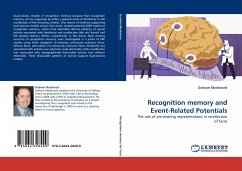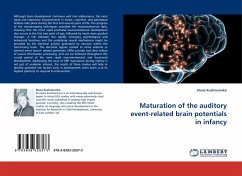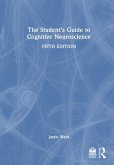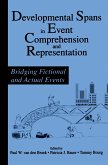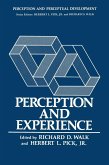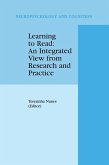Dual-process models of recognition memory propose that recognition memory can be supported by either a general sense of familiarity or the recollection of the encoding context. One source of evidence supporting dual-process models comes from event- related potential (ERP) studies of recognition memory, which have identified distinct patterns of neural activity associated with familiarity and recollection (the mid frontal and left parietal old/new effects, respectively). In this thesis, dual- process accounts of recognition memory were investigated in a series of ERP studies using three categories of stimulus: previously unknown faces, famous faces, and names. For previously unknown faces, familiarity was associated with activity over posterior scalp electrodes while recollection was associated with topographically dissociable activity over anterior electrodes. These dissociable patterns of activity support dual-process models.
Bitte wählen Sie Ihr Anliegen aus.
Rechnungen
Retourenschein anfordern
Bestellstatus
Storno

